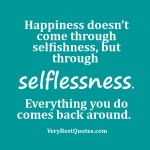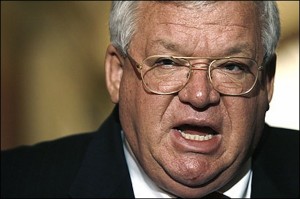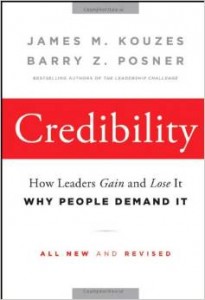Part 9 in a series on professionalism. Criteria 9: Diplomatic. Handles problems, deals with issues with finesse and discretion. Maintains calmness even when engaged in the most heated discussions.  The word “diplomatic” usually conjures up images of high-ranking officials in the State Department or the United Nations who expertly know international policy, often serving as ambassadors or cultural attaches. Yet being diplomatic isn’t reserved just for diplomats. It is a welcome quality – and necessity – for any business professional. To be diplomatic, a person must be keenly aware of everything that is at play in the environment or culture and step lightly before any actions are taken. Other people’s feelings or concerns are considered before information is presented or important decisions or actions are made. Anyone serving in the diplomatic corps today must be qualified for the position, and the list of criteria is a long one. How are your diplomatic skills? The higher up the career ladder you go, the more important diplomacy becomes to your position. The picture changes as you accept greater career responsibilities. You may be responsible for a multimillion (or billion) dollar budget as well as hundreds or thousands of staff members. Decisions are more difficult. Personalities can be more challenging. Accountability lies with you. Try on for size – just for one moment – being more diplomatic in your daily work:
The word “diplomatic” usually conjures up images of high-ranking officials in the State Department or the United Nations who expertly know international policy, often serving as ambassadors or cultural attaches. Yet being diplomatic isn’t reserved just for diplomats. It is a welcome quality – and necessity – for any business professional. To be diplomatic, a person must be keenly aware of everything that is at play in the environment or culture and step lightly before any actions are taken. Other people’s feelings or concerns are considered before information is presented or important decisions or actions are made. Anyone serving in the diplomatic corps today must be qualified for the position, and the list of criteria is a long one. How are your diplomatic skills? The higher up the career ladder you go, the more important diplomacy becomes to your position. The picture changes as you accept greater career responsibilities. You may be responsible for a multimillion (or billion) dollar budget as well as hundreds or thousands of staff members. Decisions are more difficult. Personalities can be more challenging. Accountability lies with you. Try on for size – just for one moment – being more diplomatic in your daily work:
- Present yourself with integrity.
- Consider the needs of others.
- Think through how to handle sensitive information.
- Decide when – or how – to discuss a specific topic.
- Have facts easily accessible to present a solid case.
- Be aware of yourself, others and the environment or culture in which you are working.
- Determine any potential areas of potential dispute and negotiation.
- Choose your words carefully.
Being diplomatic is more than simply sparing people’s feelings. It requires integrity, grace and poise. How do you measure up?










